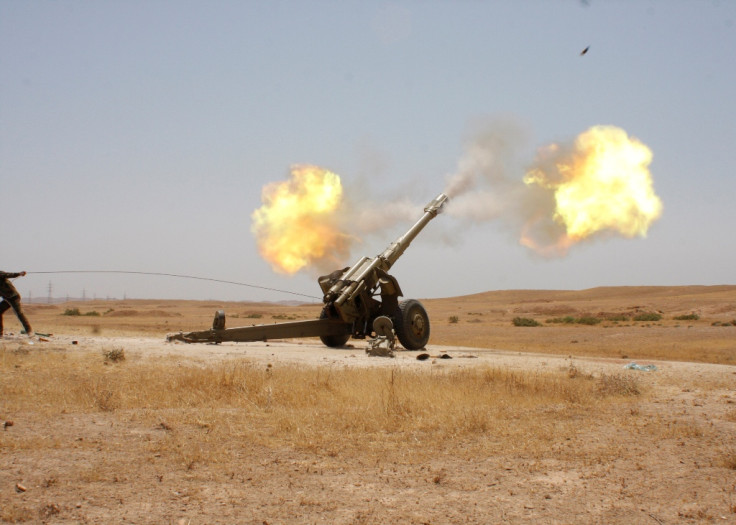Iraq Isis Crisis: Oil Prices Slip as Crude Supply Fears Subside

Crude oil prices slipped on 30 June on rumours that continuing violence in Iraq will not hit oil supplies from Opec's second-largest crude producer.
Brent August contract was trading at $112.65 a barrel at 10:37 BST in London, after shedding 79 cents to $112.51 a barrel.
The European benchmark traded at a $7.32 premium to the WTI. Prices have risen by some 3% in June.
WTI August contract shed 66 cents to $105.08 a barrel in electronic trading in New York. Prices have gained 2.5% in June.
Iraq's oil production remained stable at 3.3 million barrels a day in June, according to a report from JBC Energy.
Oil prices could "spike" to $150 a barrel, briefly, if the conflict hits operations at Iraq's key southern oil fields, Societe Generale said in a report on 30 June.
Commerzbank Corporates & Markets said in a note to clients: "The fear premium contained in the oil price is further declining. Following its sharpest weekly fall in three months, Brent is still dropping as the new week of trading begins and is trading at $112.7 per barrel, its lowest level since mid-June. In all likelihood, the news agencies Reuters and Bloomberg [on 30 June] will be publishing their surveys of [Opec] production in June. They are likely to confirm that the cartel was still supplying sufficient oil to the market throughout [June].
"They are also expected to show that the fighting in the north of Iraq has so far had no significant impact on oil production...This suggests that the negative price trend will continue. Admittedly, money managers did reduce their net long positions in WTI by 9,200 contracts in the week to 24 June. At 323,000 contracts, however, they are still at a very high level, meaning that there is further potential for reduction."
"The ICE will be releasing the corresponding data for Brent at lunchtime [on 30 June]. In the previous week, net long positions in Brent had found themselves only just shy of their record level. There is thus potential for Brent to correct, too. The ongoing supply risks argue against any marked price slide, however. Fatih Birol, the IEA's chief economist, warns of a serious setback for the oil market if there is any interruption to the planned investments in Iraq, where the radical Islamist ISIS militia has declared a caliphate. By the year 2020, Iraq is supposed to account for two-thirds of [Opec's] production growth," Commerzbank analysts wrote.
Iraq War
Isis jihadists have said they are establishing an Islamic caliphate, extending from Aleppo in northern Syria to Diyala province in eastern Iraq.
The al-Qaeda offshoot, which has assumed control of vast swathes of Iraq, has rebranded itself simply the "Islamic State" and named leader Abu Bakr al-Baghdadi the Caliph, or ruler.
© Copyright IBTimes 2025. All rights reserved.






















